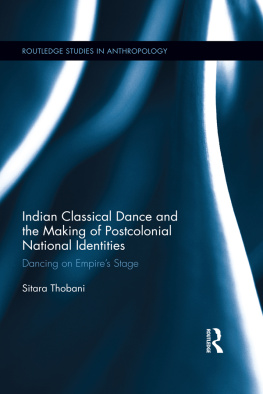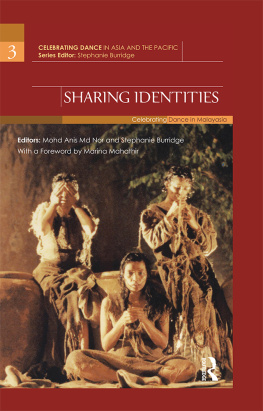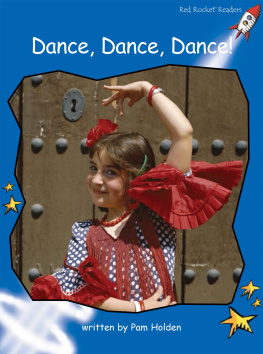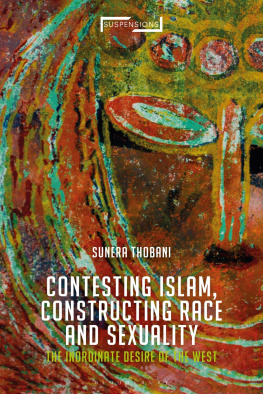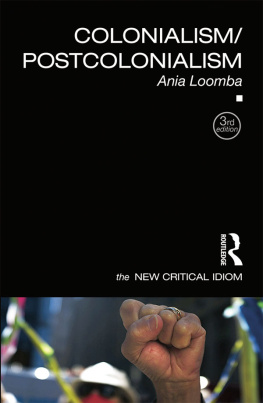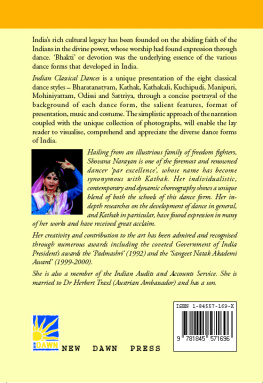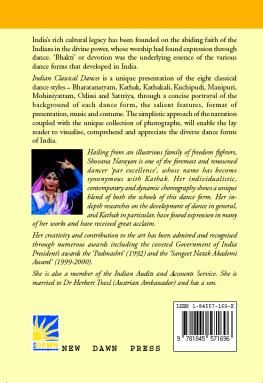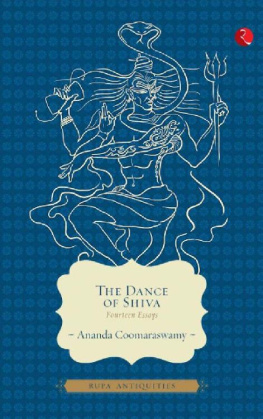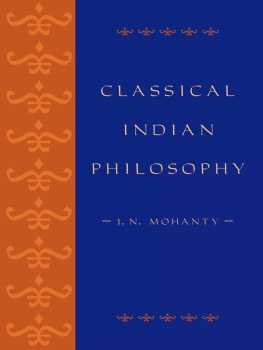Indian Classical Dance and the Making of Postcolonial National Identities
Indian Classical Dance and the Making of Postcolonial National Identities explores what happens when a national-cultural production is reproduced outside the immediate social, political and cultural context of its origin.
Whereas most previous studies have analysed Indian classical dance in the context of Indian history and culture, this volume situates this dance practice in the longstanding transnational linkages between India and the UK. What is the relation between the contemporary performance of Indian classical dance and the constitution of national, diasporic and multicultural identity? Where and how does Indian dance derive its productive power in the postcolonial moment? How do diasporic and nationalist representations of Indian culture intersect with depictions of British culture and politics? It is argued that classical Indian dance has become a key aspect of not only post-colonial South Asian diasporic identities, but also of British multicultural and transnational identity.
Based on an extensive ethnographic study of performances of Indian classical dance in the UK, this book will be of interest to scholars of anthropology, sociology, South Asian studies, Postcolonial, Transnational and Cultural studies, and Theatre and Performance studies.
Sitara Thobani received her PhD in Cultural Anthropology from the University of Oxford, UK. She has lectured at Simon Fraser University, Canada, and at the University of British Columbia, Canada.
Routledge Studies in Anthropology
For a full list of titles in this series, please visit www.routledge.com
29 After the Crisis
Anthropological thought, neoliberalism and the aftermath
James G. Carrier
30 Hope and Uncertainty in Contemporary African Migration
Edited by Nauja Kleist and Dorte Thorsen
31 Work and Livelihoods in Times of Crisis
Edited by Susana Narotzky and Victoria Goddard
32 Anthropology and Alterity
Edited by Bernhard Leistle
33 Mixed Race Identities in Australia, New Zealand and the Pacific Islands
Edited by Farida Fozdar and Kirsten McGavin
34 Freedom in Practice
Edited by Moises Lino e Silva and Huon Wardle
35 Indian Classical Dance and the Making of Postcolonial National Identities
Dancing on empires stage
Sitara Thobani
36 Truth, Intentionality and Evidence
Anthropological approaches to crime
Edited by Yazid Ben Hounet and Deborah Puccio-Den
37 Meeting Ethnography
Meetings as key technologies of contemporary governance, development, and resistance
Edited by Jen Sandler and Renita Thedvall
38 Towards an Anthropology of Ambient Sound
Edited by Christine Guillebaud
First published 2017
by Routledge
2 Park Square, Milton Park, Abingdon, Oxon OX14 4RN
and by Routledge
711 Third Avenue, New York, NY 10017
Routledge is an imprint of the Taylor & Francis Group, an informa business
2017 Sitara Thobani
The right of Sitara Thobani to be identified as author of this work has been asserted by her in accordance with sections 77 and 78 of the Copyright, Designs and Patents Act 1988.
All rights reserved. No part of this book may be reprinted or reproduced or utilised in any form or by any electronic, mechanical, or other means, now known or hereafter invented, including photocopying and recording, or in any information storage or retrieval system, without permission in writing from the publishers.
Trademark notice: Product or corporate names may be trademarks or registered trademarks, and are used only for identification and explanation without intent to infringe.
British Library Cataloguing-in-Publication Data
A catalogue record for this book is available from the British Library
Library of Congress Cataloging-in-Publication Data
A catalog record for this book has been requested
ISBN: 978-1-138-22998-3 (hbk)
ISBN: 978-1-315-38734-5 (ebk)
Typeset in Sabon
by Apex CoVantage, LLC
for my mother, who taught me the meaning of standing a chance
It is often said that no one can write a book except for its author, that it is the authors experience that informs the very undertaking of the work. While this maxim may indeed be true, it does make somewhat impossible the task of thanking all those who have left their indelible mark on the experiences that have led to the production of this book, be this academic, artistic or personal. That list far exceeds those whom I can name here.
I nevertheless begin by expressing my heartfelt gratitude to Dr Marcus Banks and Dr Caroline Potter at the University of Oxford, whose supervision and support guided me through writing the earliest incarnation of this work. It takes a particular kind of skillfulness to both guide a student and give her the space to chart her own course. I am very fortunate that Marcus and Caroline possess this ability. Their continued support provides me with a greater sense of encouragement than I could have hoped for.
I would also like to offer my deepest thanks to Dr Sherene Razack and Dr Ritu Birla for the foundation they helped me lay for this research in its nascent stage. Each marks formative moments in my academic learning; their rigorous training remains with me. Likewise, the enthusiastic and generous support given by Dr Sondra Hausner, Dr Nirmal Puwar, Dr Vinay Kamat and Dr Navtej Purewal has gifted me an experience of mentorship that is invaluable.
This book could never have been conceived of were it not for the knowledge and curiosity imparted to me by my Odissi teacher, Dr Ratna Roy. She helped me to think critically about the histories, meanings, and intentions that inform every dance performance and practice. I remain indebted to her, artistically and academically. I would also like to thank Sri Ghanashyam Panda, Sri Bichitrananda Swain, Srimati Aruna Mohanty and Lingaraj Pradhan for the years of artistic training and guidance they have given me. Their generosity of spirit revealed the beauty of the form I sought to learn, and continues to do so after all these years.
For their willingness to engage in countless conversations and their unstinting camaraderie, thank you to Dr Sahar Romani, Dr Esther Rootham and Dr James Cuffe. To discuss ones work with respected peers is both illuminating and gratifying, but to have friends repeatedly listen to ones ideas and respond with such thoughtfulness on every occasion is the greatest encouragement of all. In like spirit, the loyal companionship of Dr Scheherazaad Cooper has been a constant and steadfast source of comfort and inspiration upon which I have continually relied. For this I will always be thankful. Thank you also to my good friend Behsheed Darvish for being more sister than friend, a gift greater than words can possibly describe. And to Barbara Binns, Huma and Natasha Dar, Fatima Jaffer, Shelina Kassam and Seemi Ghazi, thank you for showing me the strength and beauty that is community. I am inspired by the love with which you have infused our relationships.
In truth no amount of thanks can be sufficient to convey my appreciation, to those I have named here and those I cannot. The dancers with whom I worked and who remain anonymous generously shared their time, ideas and experiences with me. I am thankful to each one of them. I could no more accept sole credit for any merit in this book than I can disown sole responsibility for any oversights. While this book has benefited immensely from everyone acknowledged here named or unnamed any and all faults are entirely my own.

